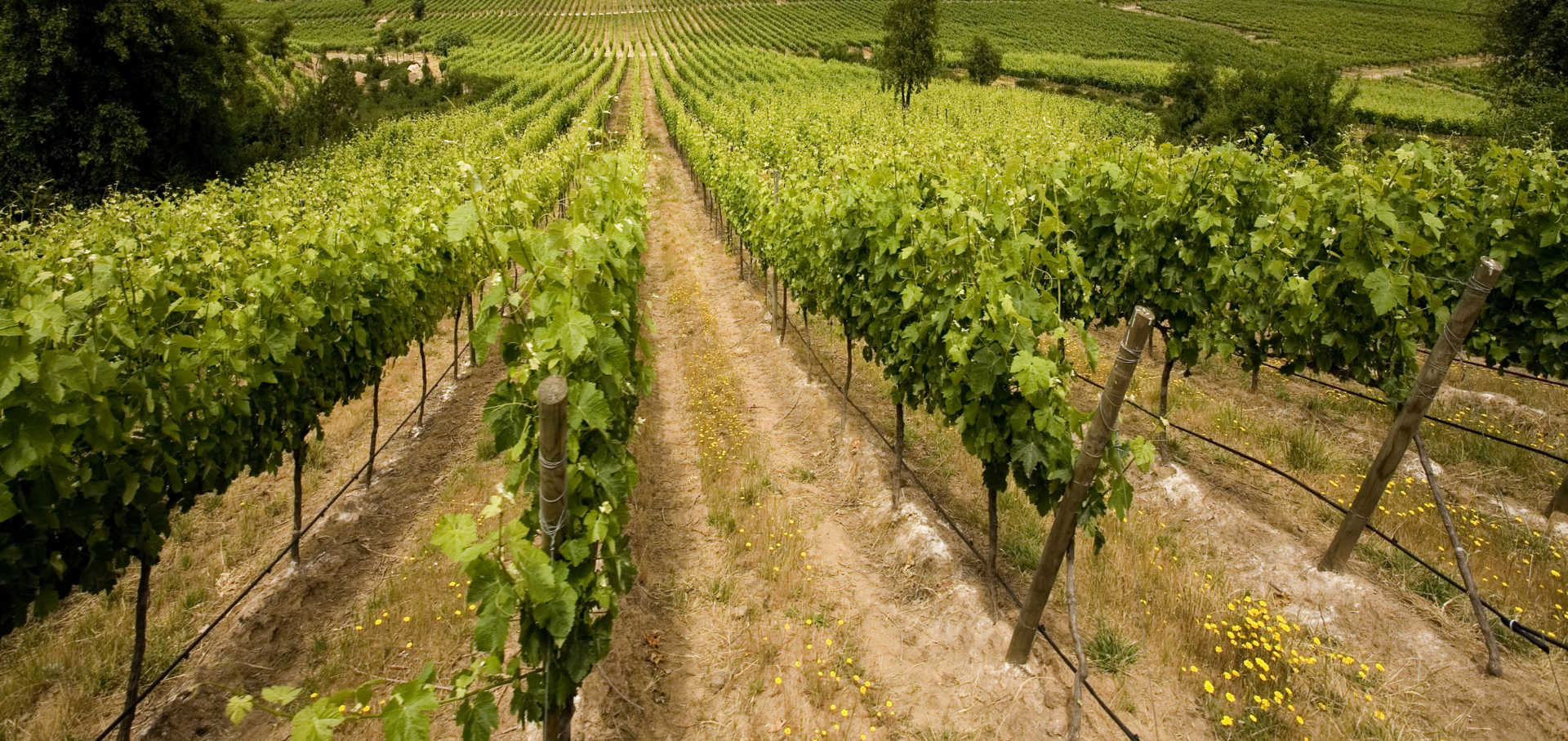Mas Doix Costers de Vinyes Velles Priorat 2010
-
Robert
Parker



Product Details
Your Rating
Somm Note
Winemaker Notes
Professional Ratings
-
Robert Parker's Wine Advocate
The 2010 Costers de Vinas Viejas is a blend of 55% Garnacha and the rest Carinena from vineyards planted in 1902 on slate slopes. The wine has the power, concentration and balance of the old vines and is a textbook Priorat with those alluring aromas of wet slate and ripe blackberries. The 16 months aging in new French oak become unnoticeable when you have this intensity of fruit, and the aromas and tannins from the barrels are neatly integrated into the fruit. This is a big, elegant Priorat that should evolve nicely in bottle. 5,500 bottles were produced in 2010. Drink 2015-2025.
Other Vintages
2018-
Robert
Parker - Decanter
-
Robert
Parker
-
Jeb
Dunnuck -
Robert
Parker -
Wine &
Spirits
-
Robert
Parker -
Wine &
Spirits -
Wine
Spectator
-
Robert
Parker -
James
Suckling
-
Robert
Parker
-
Robert
Parker
-
Robert
Parker
-
Robert
Parker
-
Robert
Parker
-
Robert
Parker


The phylloxera outbreak did not mean the end of the family's vineyards. They were replanted with the Garnacha and Carinena varieties, native to the Priorat region, thereby maintaining the growth of the vineyards while the production was sent to the cooperative in Poboleda until it was able to be produced in Mas Doix's winery. Nowadays, the family labors with love and passion for the fruit grown in their hundred-year-old vineyards so they can produce great wines.

With bold fruit flavors and accents of sweet spice, Grenache, Syrah and Mourvèdre form the base of the classic Rhône Red Blend, while Carignan, Cinsault and Counoise often come in to play. Though they originated from France’s southern Rhône Valley, with some creative interpretation, Rhône blends have also become popular in other countries. Somm Secret—Putting their own local spin on the Rhône Red Blend, those from Priorat often include Merlot and Cabernet Sauvignon. In California, it is not uncommon to see Petite Sirah make an appearance.

Tiny and entirely composed of craggy, jagged and deeply terraced vineyards, Priorat is a Catalan wine-producing region that was virtually abandoned until the early 1990s. This Spanish wine's renaissance came with the arrival of one man, René Barbier, who recognized the region’s forgotten potential. He banded with five friends to create five “Clos” in the village of Gratallops. Their aim was to revive some of Priorat’s ancient Carignan vines, as well as plant new—mainly French—varieties. These winemakers were technically skilled, well-trained and locally inspired; not surprisingly their results were a far cry from the few rustic and overly fermented wines already produced.
This movement escalated Priorat’s popularity for a few reasons. Its new wines were modern and made with well-recognized varieties, namely old Carignan and Grenache blended with Syrah, Cabernet Sauvignon and Merlot. When the demand arrived, scarcity commanded higher prices and as the region discovered its new acclaim, investors came running from near and far. Within ten years, the area under vine practically doubled.
Priorat’s steep slopes of licorella (brown and black slate) and quartzite soils, protection from the cold winds of the Siera de Monstant and a lack of water, leading to incredibly low vine yields, all work together to make the region’s wines unique. While similar blends could and are produced elsewhere, the mineral essence and unprecedented concentration of a Priorat wine is unmistakable.
